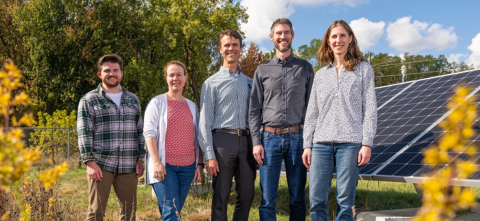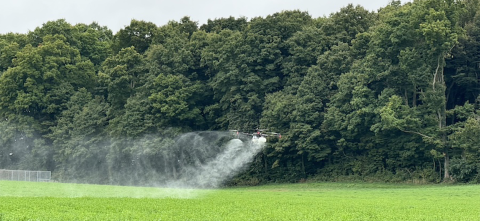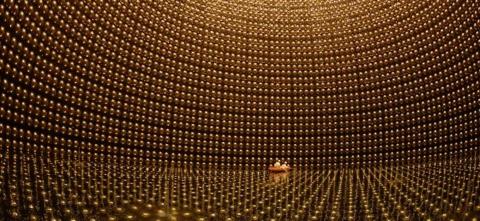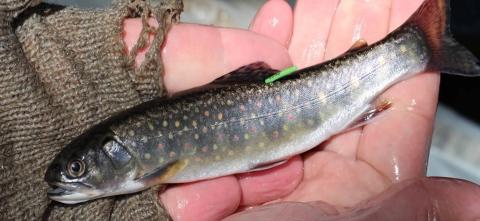
Farming Meets Solar Power in New MSU Project
Michigan State University scientists plan to build a first-of-its-kind outdoor lab to study how solar panels placed alongside crops could save water, improve soil health and support ecosystems, all while boosting farmers’ bottom line and preserving farm production.

The Drone Revolution Meets the Farm
A new study offers the first comprehensive global look at how drones are reshaping agriculture. The research finds that while drone technology promises significant benefits, including higher efficiency, reduced labor, and potential environmental gains, its adoption thus far is far from uniform.

Neighborhood Violence Tied to Earlier Alcohol/Tobacco Start Among Teens
A new study led by MSU Social Work professor Anna Maria Santiago finds that teens in higher-violence neighborhoods start alcohol and tobacco earlier and at higher rates than their peers.

Rewriting the Rules of Blood Clotting: Discovery Could Transform Trauma Care
Researchers in the Luyendyk Lab are uncovering a hidden layer of biology that could reshape how we understand — and treat — trauma, wound healing, and chronic disease. Their latest work reveals a surprising twist in the story of how blood clots form and function, and could lead to new therapies for conditions ranging from traumatic tissue injury to pathologic blood clots (known as thrombosis).

How Neutrinos May Hold the Keys to Why We Exist
A Michigan State University researcher has co-led a joint analysis between two major neutrino experiments, bringing scientists closer to understanding the mystery of how the universe came to be.

How Northwest Michigan Preschoolers Learn to Like Fruits, Vegetables, Mindfulness
Food-Body-Mind is coming back to Northwest Michigan Community Action Agency, or NMCAA, Head Start preschool classrooms to help students learn how to care for their bodies and minds. And if they’re like their older siblings, they may even like it.

Helping Children Conquer Their Chronic Pain
When chronic stomach pain stole Kara Davis’s childhood, relief felt out of reach until she joined a Michigan State University study that changed everything. Led by MSU’s Natoshia Cunningham and supported by the NIH, the ADAPT program teaches kids tools to manage pain and anxiety, helping them move from pain to power.

Genetics Tip the Scales for Trout in a Warming World
A new study in Nature Communications reveals that genetic variation across brook trout populations may influence which groups are better equipped to handle rising water temperatures. The findings highlight how local adaptations could play a key role in species survival and inform strategies to strengthen at-risk populations.
Announcements
